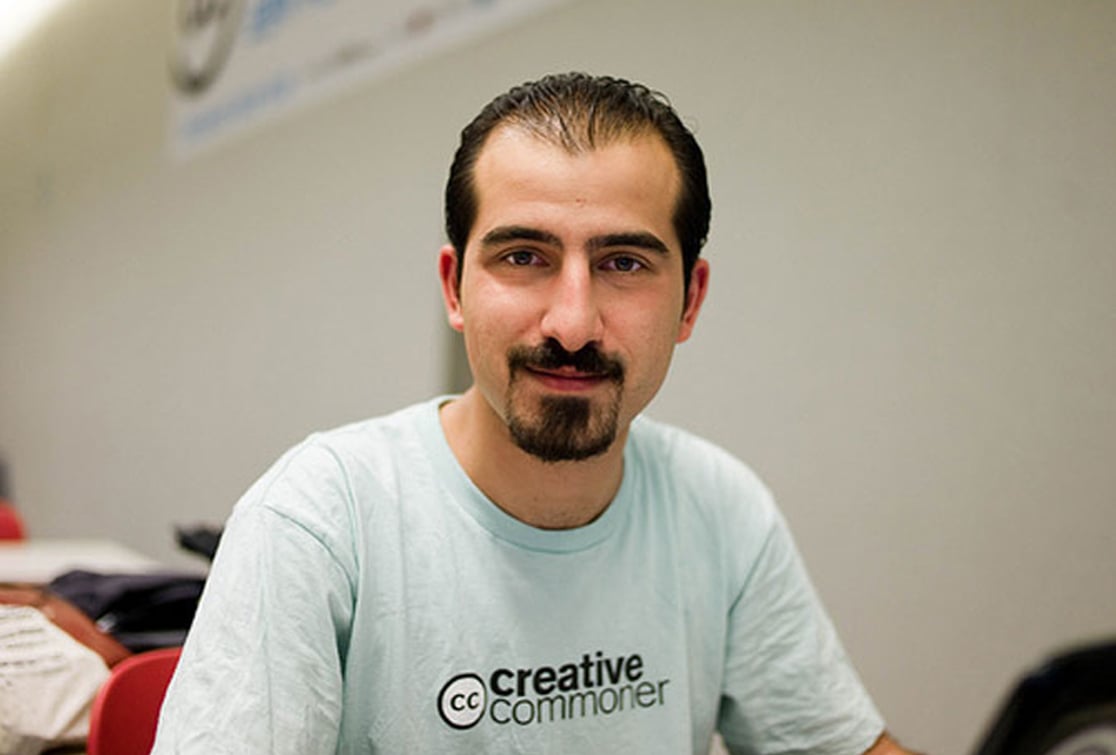
(DATE) Syria’s authorities should reveal the whereabouts of Bassel Khartabil, a software developer and free speech activist, and release him immediately, 31 organizations said on the fourth anniversary of his detention.
On 15 March 2012, Military Intelligence arrested Khartabil and held him in incommunicado detention for eight months before moving him to ‘Adra prison in Damascus in December 2012. During this time he was subjected to torture and ill-treatment. He remained in ‘Adra until 03 October 2015, when he managed to inform his family that he was being transferred to an undisclosed location. Since then his whereabouts remain unknown and there are serious concerns for his life.
Based on unconfirmed information that the family received from some local sources, there are fears that he may have been tried and sentenced to death by a Military Field Court in the Military Police headquarters in Al-Qaboun, Damascus. These courts are notorious for conducting closed-door proceedings that do not meet minimum international standards for a fair trial.
Since his detention, many human rights groups have campaigned for his release. On 21 April 2015, the United Nations Working Group on Arbitrary Detention declared his detention a violation of the International Covenant on Civil and Political Rights, and called for his release, yet the Syrian authorities refuse to free him.
A Syrian of Palestinian parents, Khartabil is a 34-year-old computer engineer who worked to build a career in software and web development. Before his arrest, Khartabil used his technical expertise to help advance freedom of speech and access to information via the internet. He has won many awards, including the 2013 Index on Censorship Digital Freedom Award for using technology to promote an open and free internet, and was named one of Foreign Policy magazine’s Top 100 Global Thinkers of 2012 “for insisting, against all odds, on a peaceful Syrian revolution.”
The signatory organizations express concern at his on-going arbitrary detention and enforced disappearance and believe that it is a direct result of his peaceful and legitimate work for the promotion and protection of the right to freedom of expression.


